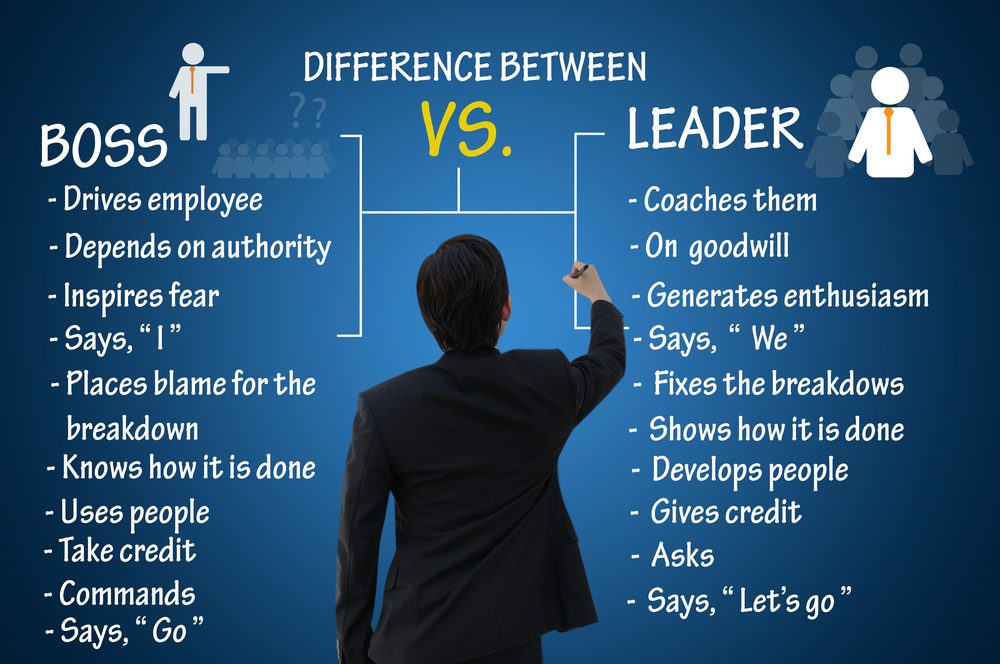While many great leaders throughout history were considered to be naturally born leaders, leadership is a teachable skill just like any other. Of course, having some natural charisma always helps, but being a leader is about a lot more than schmoozing and networking. There are various definitions for leadership and even more traits associated with individual leaders.
However, a few universal leadership traits seem to recur repeatedly amongst those we hold up high and consider some of the best leaders of all time.
The following list is a few top traits that every good leader embodies and a bit about how it impacts their ability to lead.
1. Empathy
Empathy is critical to creating a positive and healthy work culture that promotes strong team dynamics. Empathy has to do with our emotional intelligence and ability to connect with one another. As such, it’s integral for modern leaders to practice regularly.
Empathy is so crucial in modern leadership styles because it helps us build legitimate and authentic relationships with those around us and those we’re hoping to lead. More than that, empathy is crucial to creating emotional ties and bringing out the best in people.
For instance, empathy is essential during moments of personal hardship. With depression and anxiety running rampant, practicing empathy could be as simple as giving someone a day-long extension on an assignment so they can take a personal day to tend to their mental health and well-being.
2. Strong Communication
Beyond being able to empathize with the team, colleagues, and collaborators, good leaders need to be strong communicators. This is a vital part of leadership because it affects virtually every single aspect of the business. Leaders need to be able to communicate the needs of the company and the responsibilities of their team members or employees, and they also need to be able to communicate the vision of the business or brand clearly.
This extends past the organization’s management or leadership and comes into play on the external side. This includes communicating with investors, clients, other stakeholders, and the media and news outlets responsible for covering that industry or field. Developing strong communication habits helps leaders more accurately inform the people above, around, and below them about the brand, project, or team’s needs, direction, and vision.
3. Flexibility
On top of being able to empathize and communicate with the team and other stakeholders involved, leaders also need to embody a certain amount of flexibility. Being flexible as a leader can manifest itself in a variety of ways. For instance, allowing modern employees who can fulfill their roles and obligations through a remote work environment, to work from home (or wherever their internet connection is) is a great example of being flexible without sacrificing productivity or results.
Another good example of flexibility in leadership revolves around due dates. If a project or assignment is due on Thursday at noon, it shouldn’t matter to leaders when the person charged with that assignment completes it. Whether it’s 2 days early or finished an hour beforehand.
4. Collaboration
Collaboration was mentioned briefly above, but it’s a trait that every great leader embodies. Collaboration is a tool that helps us accomplish a lot more than we ever could by ourselves. Not only that, but diverse collaboration often results in better end products.
As individuals, we can only do so much, but when we allow ourselves to rely on the skills and strengths of others, our capability increases exponentially. Leaders who are active, engaged, and thoughtful collaborators typically build stronger teams who have an easier time feeding into and building off one another.
5. Problem-Solving
Finally, the last of the traits on this leadership list, anyway, is problem-solving. Good leaders must be capable problem solvers who have no issue thinking outside the box to find creative solutions.
No operation is flawless, and there is always room for improvement in any system or process. By working on creative problem-solving skills, leaders can cultivate the strategic thinking necessary not just to succeed, but to excel in their leadership role.
A few Final Thoughts
A leadership role can be gratifying, fulfilling, and extremely rewarding. This is especially the case for those who take the time to learn about solid leadership practices and work to implement those strategies and tactics into their own lives.
Look to the leadership traits above and conduct some self-reflection to determine which you need to work on for your personal growth.



































